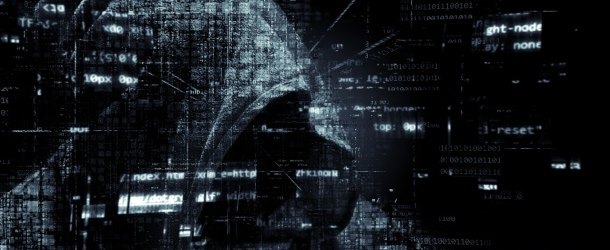Adding Noise for Completely Secure Communication Against Hackers with Quantum Computers

(ScienceDaily) A team of physicists led by Professor Nicolas Sangouard of the University of Basel and Professor Renato Renner of ETH Zurich have developed the theoretical foundations for a communication protocol that offers ultimate privacy protection and can be implemented experimentally. This protocol guarantees security not only against hackers with quantum computers, but also in cases where the devices used for communication are “black boxes” whose trustworthiness is a completely unknown quality.
While there are already some theoretical proposals for communication protocols with black boxes, there was one obstacle to their experimental implementation: the devices used had to be highly efficient in detecting information about the crypto key. If too many of the information units (in the form of entangled pairs of light particles) remained undetected, it was impossible to know whether they had been intercepted by a third party.
“Since the first small-scale quantum computers are now available, we urgently need new solutions for protecting privacy,” says Professor Sangouard. “Our work represents a significant step toward the next milestone in secure communications.”





















